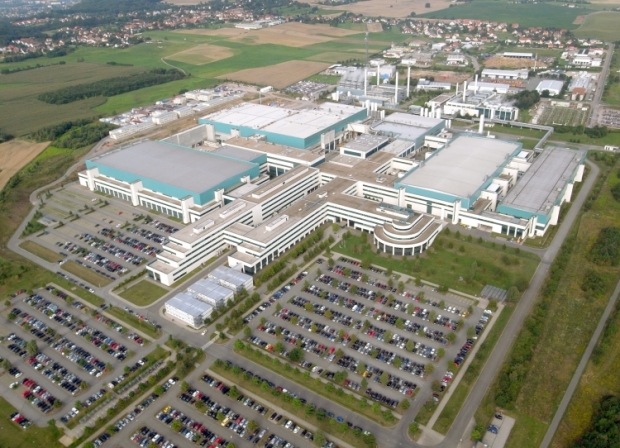In a statement, GloFo said that it will skip "the marginal performance and power benefits for the high cost of the 10nm process node". This will let it become a leading differentiated 7nm chip fabricator before anyone else.
The outfit said that it will be re-using significant portions of the tools and processes currently used in 14nm FinFET and will have a multi-billion dollar investment in its Fab 8 campus to facilitate 7nm FinFET production.
There do seem to be a few problems with 10nm. Intel could not make it work for Cannonlake and so far the only one who appears to have had much success with it has been Qualcomm.
GloFo CEO Sanjay Jha thinks that 7nm will be "the next long-lived node" and that his outfit can become a "leading edge" foundry.
"We are well positioned to deliver a differentiated 7nm FinFET technology by tapping our years of experience manufacturing high-performance chips, the talent and know-how of our former IBM Microelectronics colleagues and the world-class R&D pipeline from our research alliance. No other foundry can match this legacy of manufacturing high-performance chips," he said.
Apparently GloFo has Big Blue backing for its design, as analysts think it is a bit risky making a jump like that.
The company said that test chips have already started to be made in Fab 8 and "the technology is expected to be ready for customer product design starts in the second half of 2017, with ramp to risk production in early 2018”.




